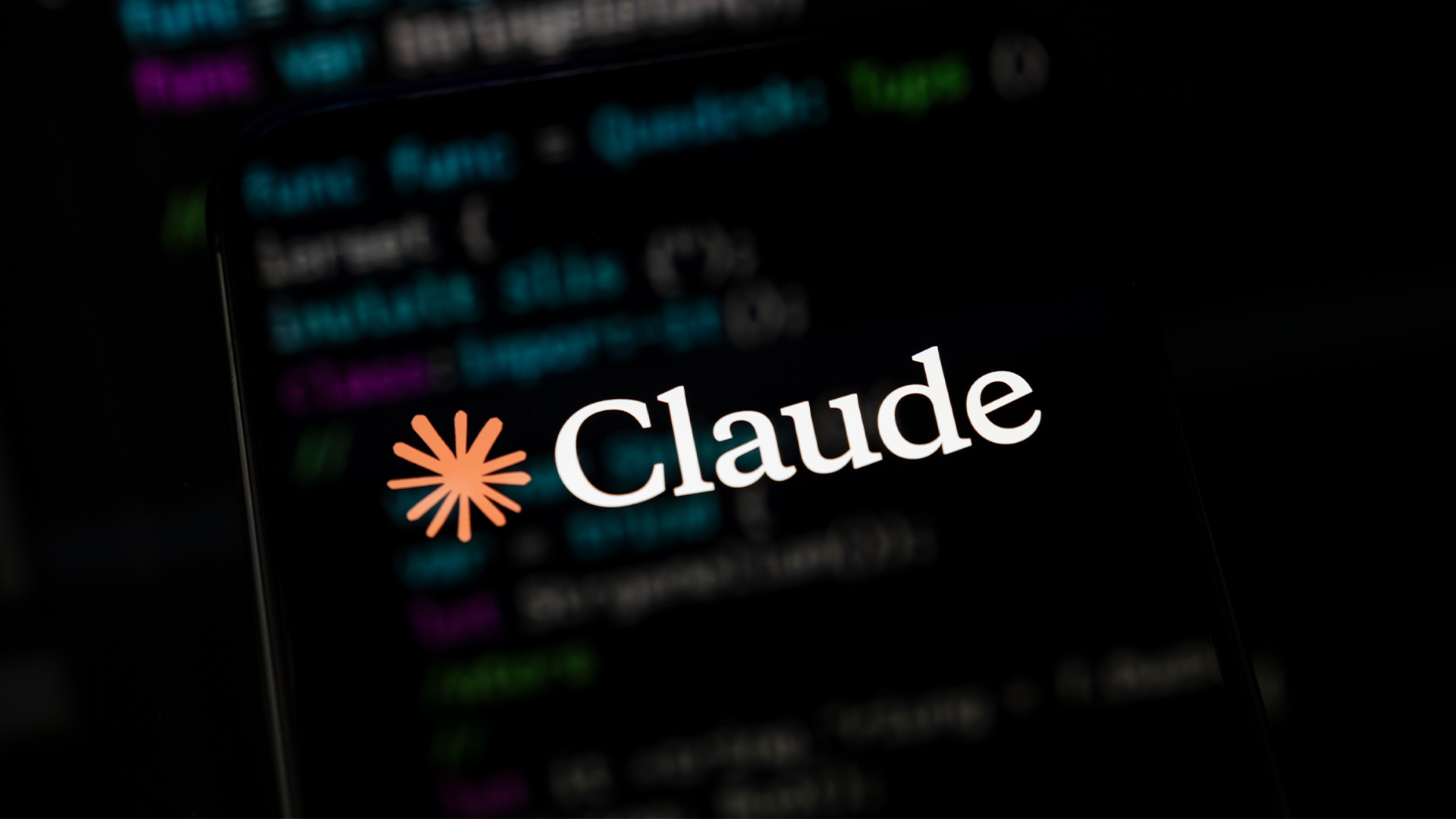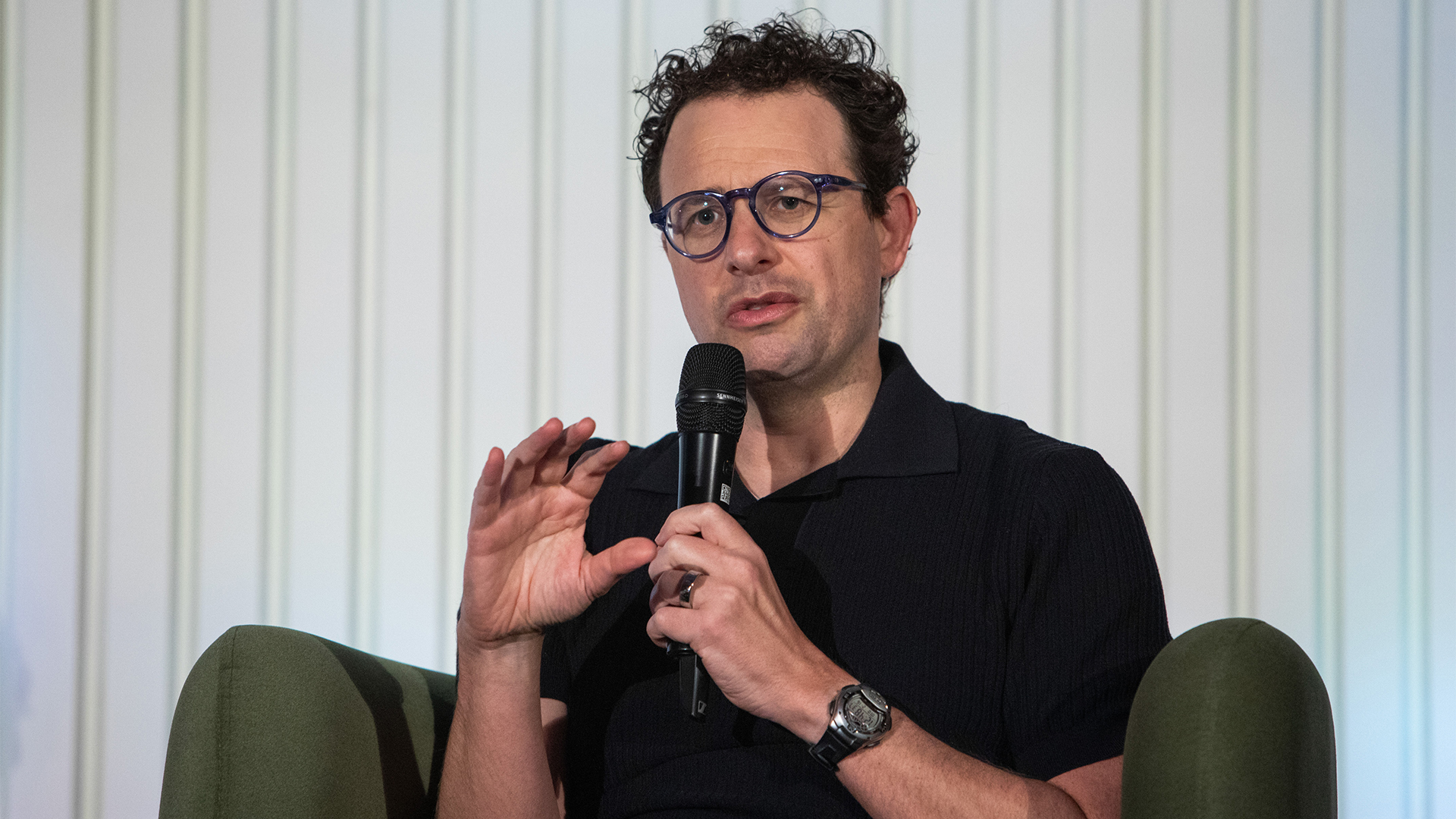Big tech promised developers productivity gains with AI tools – now they’re being rendered obsolete
From claims of a golden age of productivity to workforce cuts, it’s been a whirlwind two years for software developers


Sign up today and you will receive a free copy of our Future Focus 2025 report - the leading guidance on AI, cybersecurity and other IT challenges as per 700+ senior executives
You are now subscribed
Your newsletter sign-up was successful
Coding tools quickly emerged as one of the key use cases in the generative AI boom, with big tech providers promising marked productivity boosts and reduced workloads.
With an AI companion at their side picking up the drudge work, it’s not hard to see why developers would be enthusiastic about them. Research from GitHub last year seemed to back this up.
Developers were flocking to AI coding tools and for good reason: they were unlocking significant benefits working with these tools, saving huge amounts of time in their weekly schedules, and speeding up development processes.
Initial concerns over the quality of AI-generated code were also dissipating, the study noted, with 90% of US-based respondents reporting an improvement in this regard when using AI tools.
All told, the technology heralded a new golden era in the software industry, at least if big tech was to be believed. One of huge productivity boosts and reduced manual toil – and it came at a critical time. Developers were overworked during the pandemic and reported surging levels of burnout and mental health issues.
The reality at this point is the complete opposite, and some might now look back to the pandemic-era churn as a fond memory.
The slow trickle of AI integration has now become a torrent and developers working on AI tools are now finding themselves rendered obsolete by the very platforms and solutions they’ve built.
Sign up today and you will receive a free copy of our Future Focus 2025 report - the leading guidance on AI, cybersecurity and other IT challenges as per 700+ senior executives
Microsoft, for example, announced fresh layoffs in May – its second batch in a matter of months. While tech industry workers are no stranger to layoffs at this stage, this latest round hit differently.
Reports from Bloomberg showed a significant portion of the workers set to be cut were operating out of the tech giant’s Redmond headquarters. Moreover, around 40% of these were in software engineering, equivalent to more than 800 roles.
For a company that builds software to begin cutting developers and engineers seems counterintuitive. But this is the new normal those in the profession face. Companies feel the need to justify their huge investment in AI by integrating it across the board, making humans surplus to requirements.
Microsoft CEO Satya Nadella recently revealed that around 30% of the company’s code is now AI generated. Microsoft isn’t alone in this, either. Last year, Sundar Pichai said more than 25% of Google’s internal source code was also AI generated – that’s likely grown since then.
That’s not to say that Google or Microsoft have AI running large parts of the show behind the scenes. Humans are still ‘in the loop’ in some capacity and this code is subject to rigorous scrutiny.
But what this does suggest is that the days of expansive software engineering divisions might be coming to an end, with those left after cuts reduced to caretakers monitoring the output of AI tools designed to usurp them.
The signs have been there all along
It’s not like there haven’t been warning signs for developers in recent years, or for workers spanning a range of professions. Human resources was in the crosshairs from the get-go during the early days of the generative AI boom, with IBM specifically highlighting this as an area ripe for automation.
The messaging from some big tech companies has been telling as well. Last year I discussed the fact that companies were quite obviously seeking ways to reduce headcount to compensate for AI investment – just without actually saying it.
These efforts to cut workers were veiled under the guise of “focusing on high-growth areas”. That same messaging and approach seems to be applied to specific professions, particularly software development.
The moment you hear terms like ‘drudge work’ when referring to core aspects of your role, you should probably start worrying. The same can be said when big tech providers evangelize about your ability to focus on the more “rewarding” aspects of your job, whatever they may be.
While attending Salesforce’s Dreamforce conference in San Francisco last year, this was a common recurring term bandied around by figures at the company – and it conveniently came at the start of Salesforce’s big agentic AI push.
In the months since, we’ve seen comments from CEO Marc Benioff specifically highlighting the potential for AI tools, particularly their own agentic AI solutions, to take over from human workers.
During an appearance on 'The Logan Bartlett Show’ earlier this year, Benioff suggested the company might not need to hire software engineers as a result of AI agents.
His comments on this topic echoed those made by Meta CEO Mark Zuckerberg, who told Joe Rogan that the company could also begin replacing engineers with AI within the next year or so.
It’s not out of the ordinary for industry figures to make bold claims, after all it justifies their strategy and investment in the technology. But the sheer volume of comments like these – and their consistency – should have alarm bells ringing.
Where do developers go now?
There have been small glimmers of hope on the horizon for embattled developers and engineers - but these largely focus on the potential for upskilling.
Research from Gartner last year showed that while AI will have a significant impact on the workforce, those best prepared to ride out the wave of automation will be the ones who adapt and upskill.
Critically, however, the consultancy said 80% of the workforce will need to upskill by 2027 to contend with AI-related skills requirements.
With such a large portion of the workforce expected to shake things up with regard to skills, this seems completely unrealistic. We already have casualties recorded at Microsoft, and there will undoubtedly be more.

Ross Kelly is ITPro's News & Analysis Editor, responsible for leading the brand's news output and in-depth reporting on the latest stories from across the business technology landscape. Ross was previously a Staff Writer, during which time he developed a keen interest in cyber security, business leadership, and emerging technologies.
He graduated from Edinburgh Napier University in 2016 with a BA (Hons) in Journalism, and joined ITPro in 2022 after four years working in technology conference research.
For news pitches, you can contact Ross at ross.kelly@futurenet.com, or on Twitter and LinkedIn.
-
 Honor MagicBook Pro 14 review
Honor MagicBook Pro 14 reviewReviews Perhaps a little too ostentatious for the office, but a solid laptop offering with great cross-OS features
-
 Lenovo wows at MWC with concepts for a modular ThinkBook and desktop AI-devices
Lenovo wows at MWC with concepts for a modular ThinkBook and desktop AI-devicesNews A new modular ThinkBook AI PC from Lenovo is the star of the show, with a delightfully versatile proof of concept
-
 Claude Code flaws left AI tool wide open to hackers – here’s what developers need to know
Claude Code flaws left AI tool wide open to hackers – here’s what developers need to knowNews The trio of Claude code flaws could have put developers at risk of attacks
-
 AI isn’t killing DevOps, you’re just using it wrong
AI isn’t killing DevOps, you’re just using it wrongNews New research indicates that enterprises with mature DevOps processes are gaining the most from AI adoption
-
 Anthropic says Claude Code can help streamline 'cost-prohibitive' COBOL modernization, but IBM says it's not that simple – 'decades of hardware-software integration cannot be replicated by moving code'
Anthropic says Claude Code can help streamline 'cost-prohibitive' COBOL modernization, but IBM says it's not that simple – 'decades of hardware-software integration cannot be replicated by moving code'News Research from Anthropic claims Claude Code can simplify modernization of COBOL systems
-
 ‘AI is making us able to develop software at the speed of light’: Mistral CEO Arthur Mensch thinks 50% of SaaS solutions could be supplanted by AI
‘AI is making us able to develop software at the speed of light’: Mistral CEO Arthur Mensch thinks 50% of SaaS solutions could be supplanted by AINews Mensch’s comments come amidst rising concerns about the impact of AI on traditional software
-
 Automated code reviews are coming to Google's Gemini CLI Conductor extension – here's what users need to know
Automated code reviews are coming to Google's Gemini CLI Conductor extension – here's what users need to knowNews A new feature in the Gemini CLI extension looks to improve code quality through verification
-
 Claude Code creator Boris Cherny says software engineers are 'more important than ever’ as AI transforms the profession – but Anthropic CEO Dario Amodei still thinks full automation is coming
Claude Code creator Boris Cherny says software engineers are 'more important than ever’ as AI transforms the profession – but Anthropic CEO Dario Amodei still thinks full automation is comingNews There’s still plenty of room for software engineers in the age of AI, at least for now
-
 AWS CEO Matt Garman isn’t convinced AI spells doom for the software industry – but admits providers will “have to innovate” to stay afloat
AWS CEO Matt Garman isn’t convinced AI spells doom for the software industry – but admits providers will “have to innovate” to stay afloatNews Software stocks have taken a beating in recent weeks, but AWS CEO Matt Garman has joined Nvidia's Jensen Huang and Databricks CEO Ali Ghodsi in pouring cold water on the AI-fueled hysteria.
-
 Anthropic Labs chief Mike Krieger claims Claude is essentially writing itself – and it validates a bold prediction by CEO Dario Amodei
Anthropic Labs chief Mike Krieger claims Claude is essentially writing itself – and it validates a bold prediction by CEO Dario AmodeiNews Internal teams at Anthropic are supercharging production and shoring up code security with Claude, claims executive